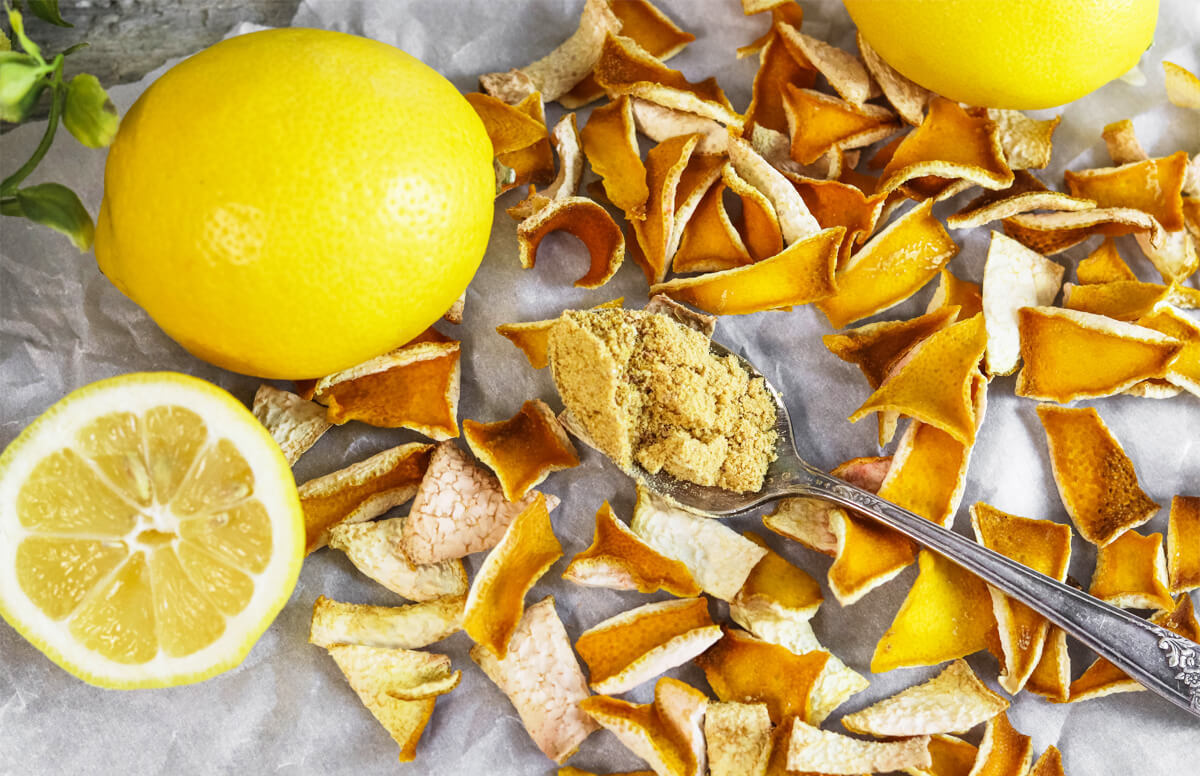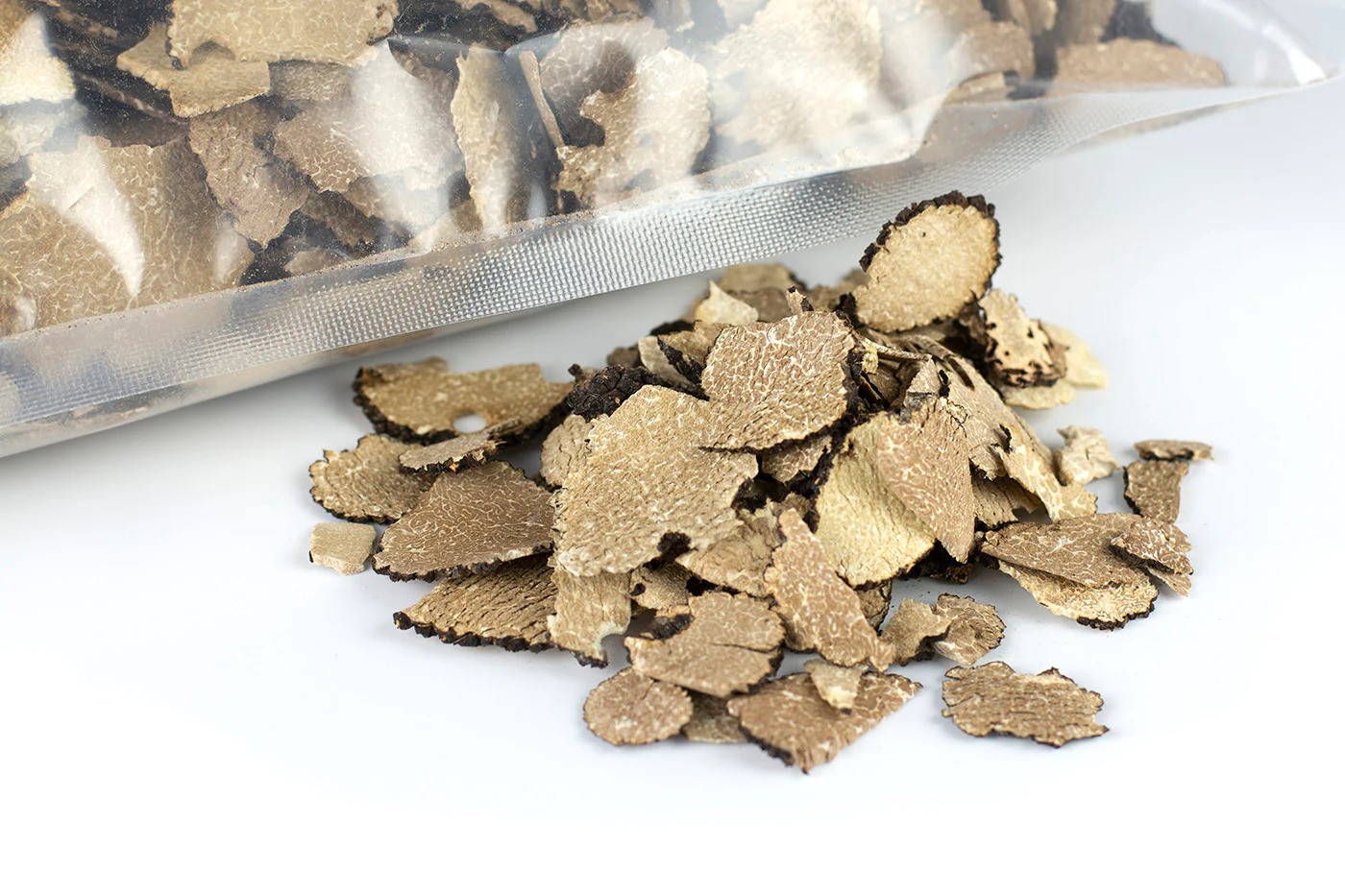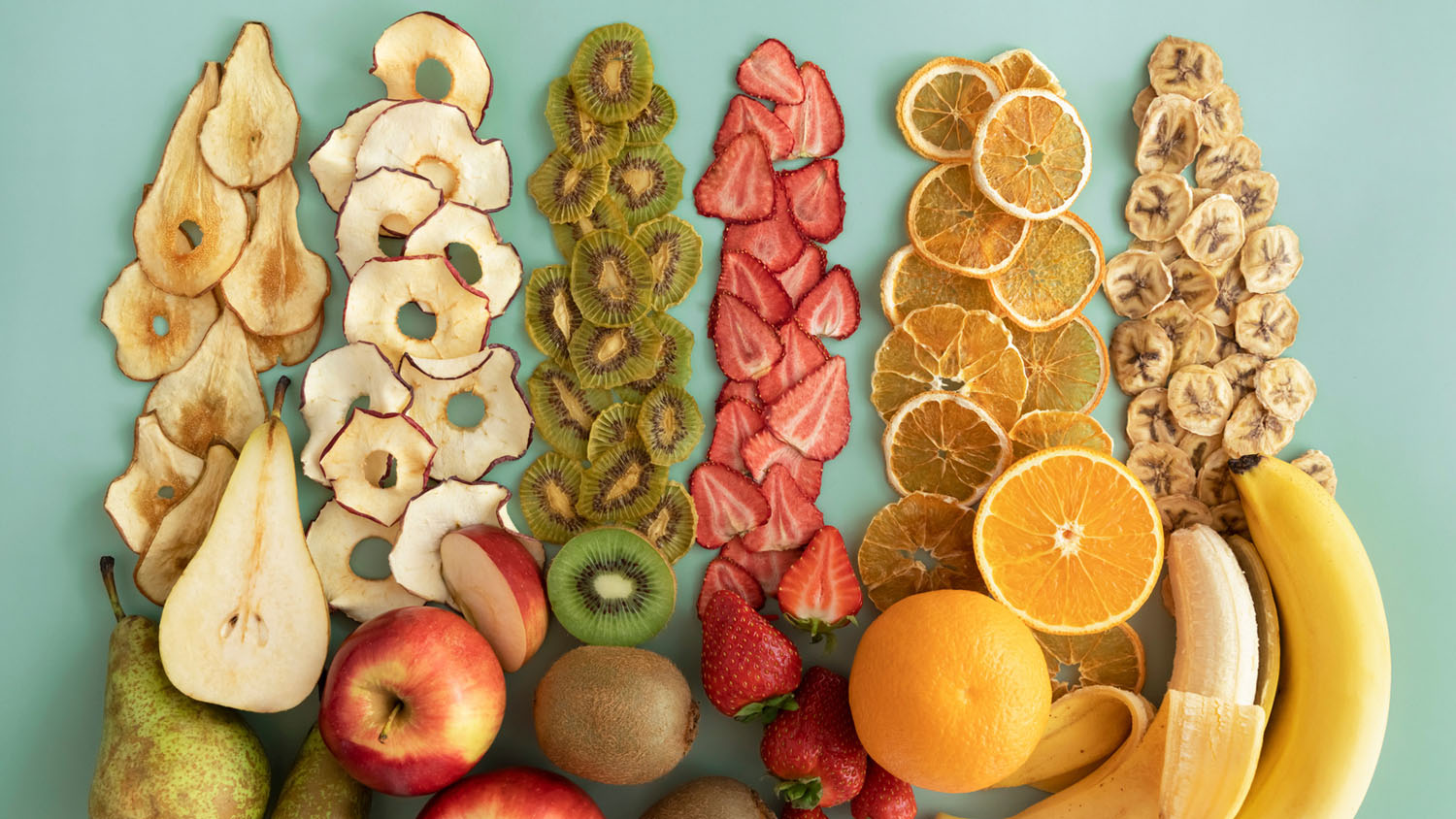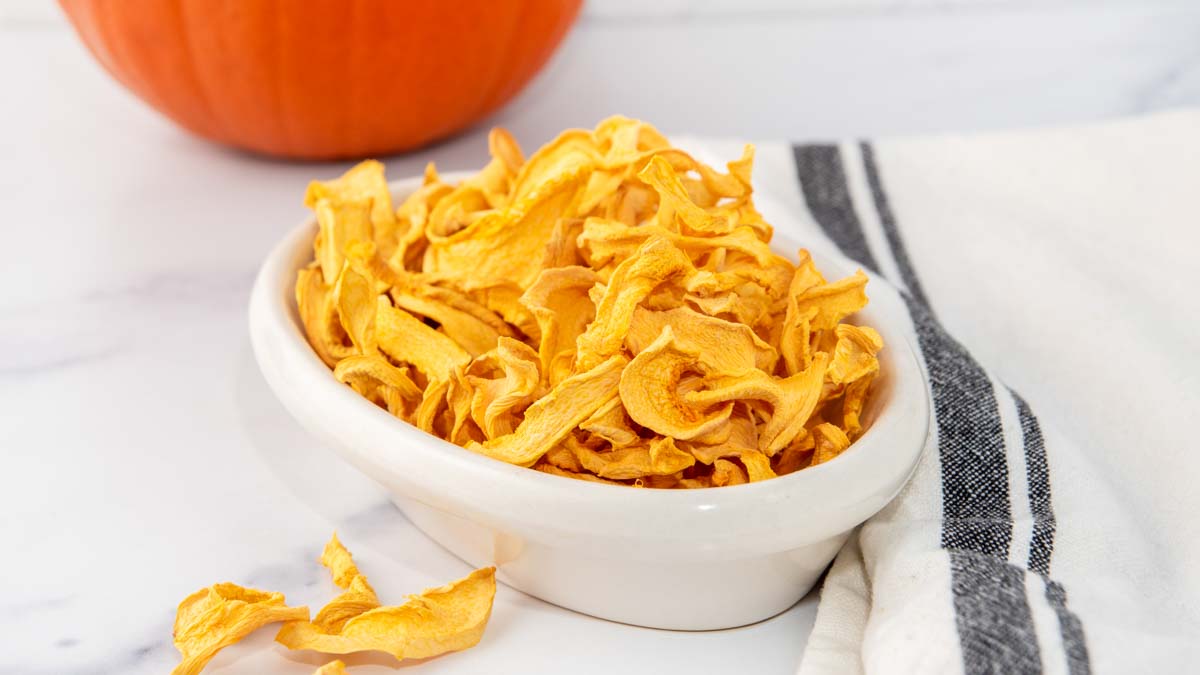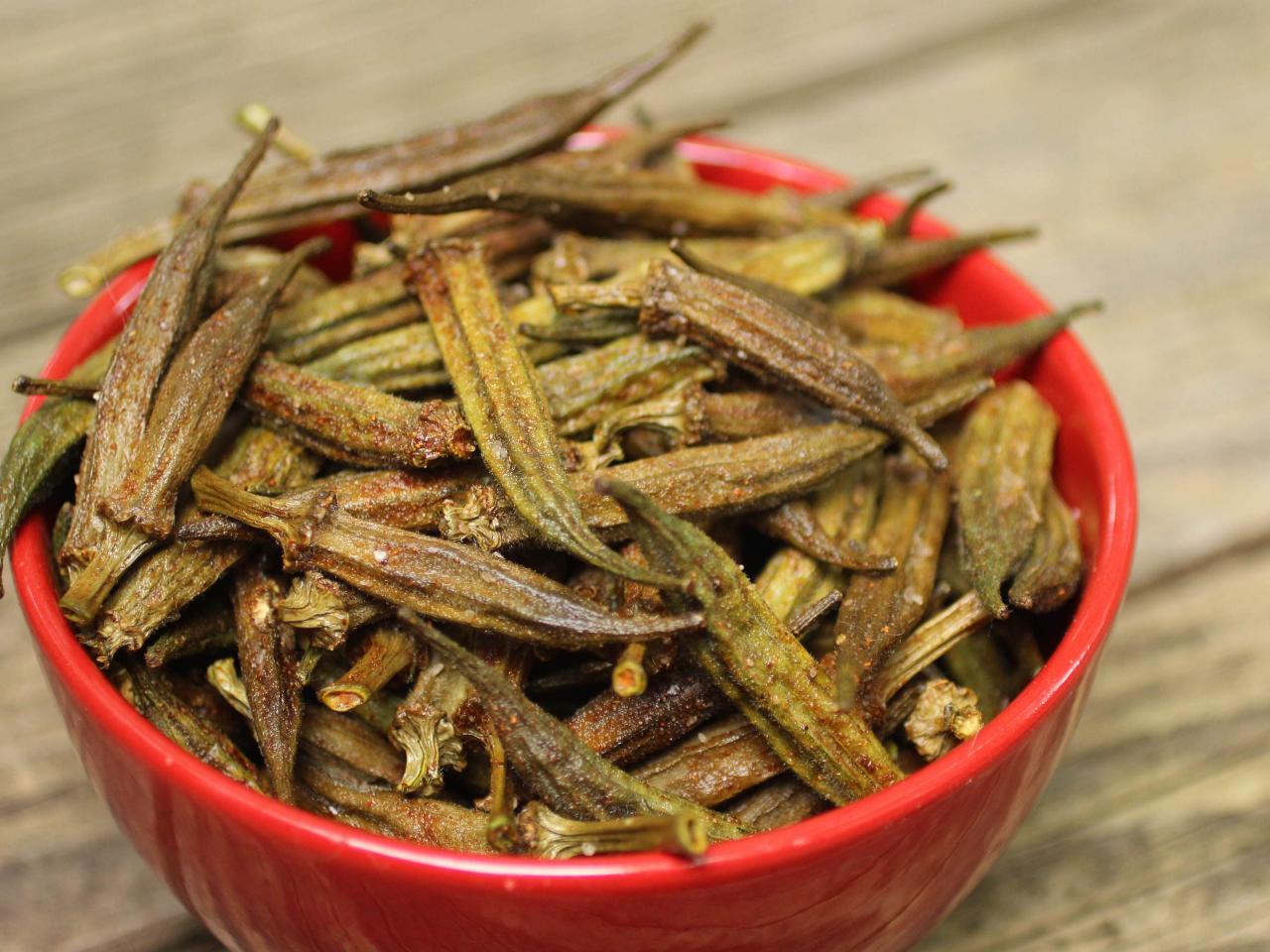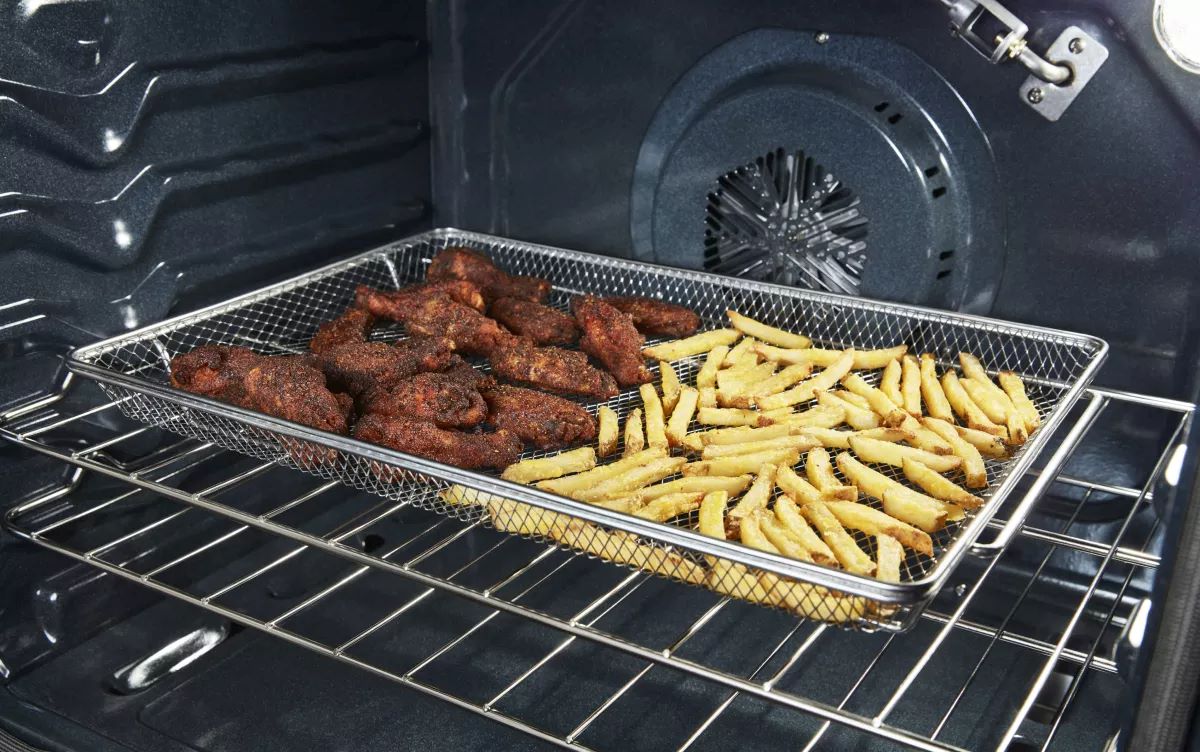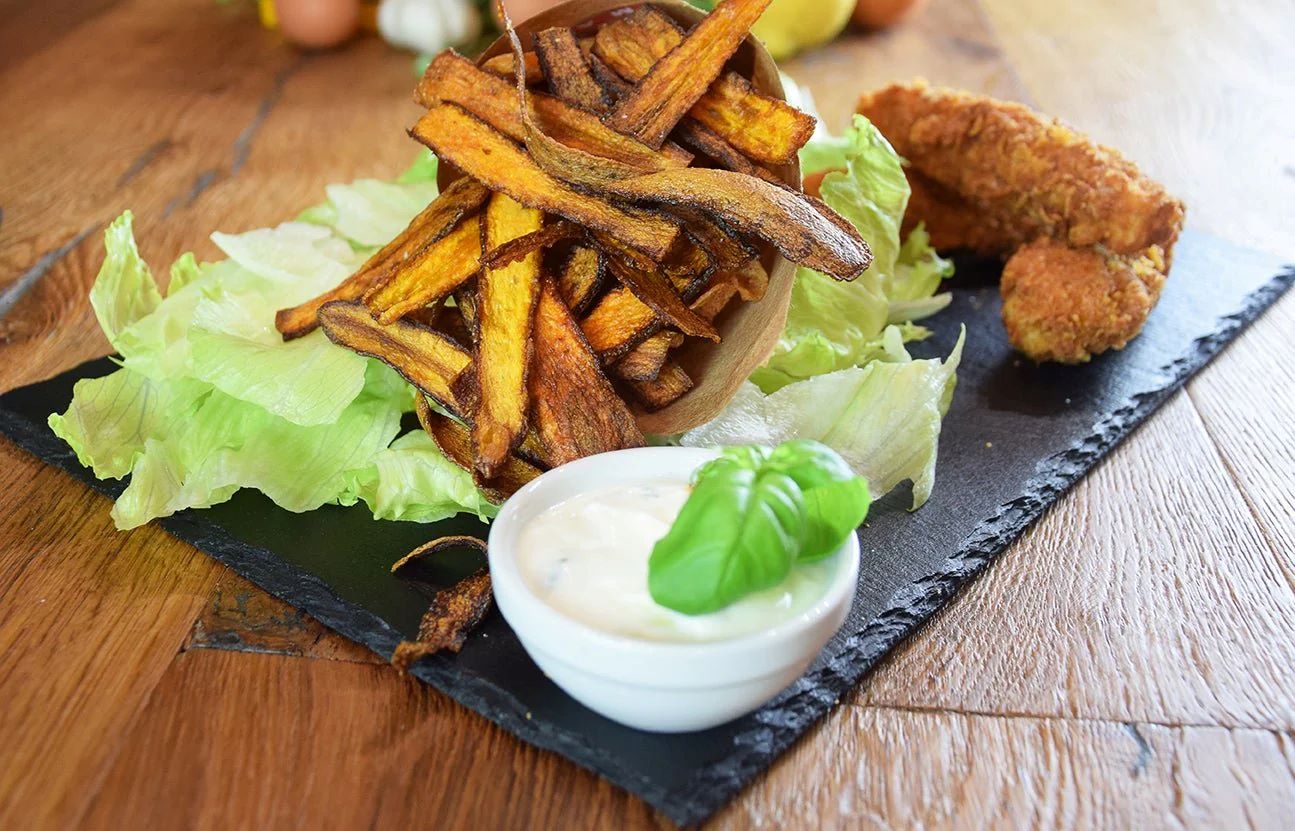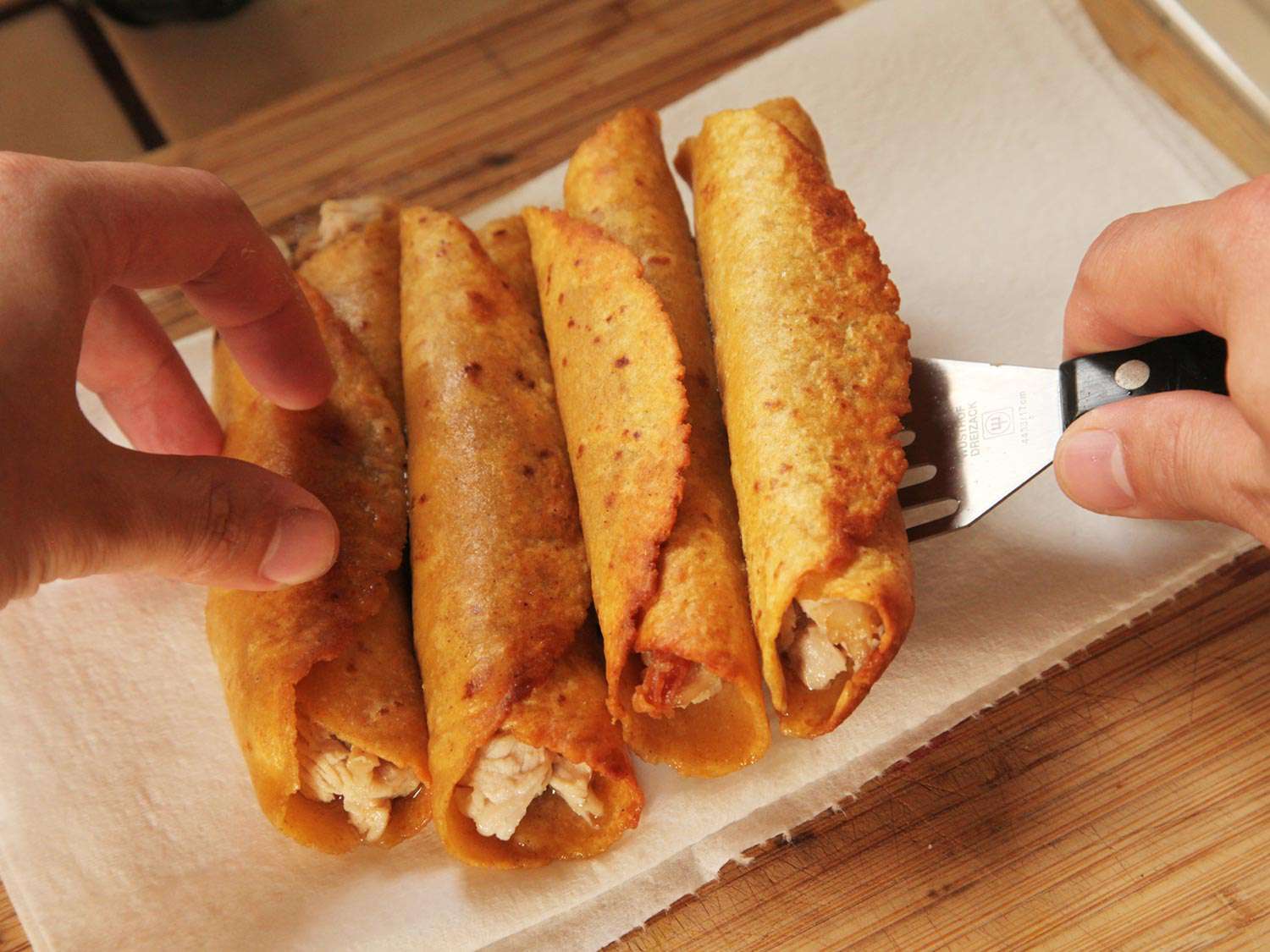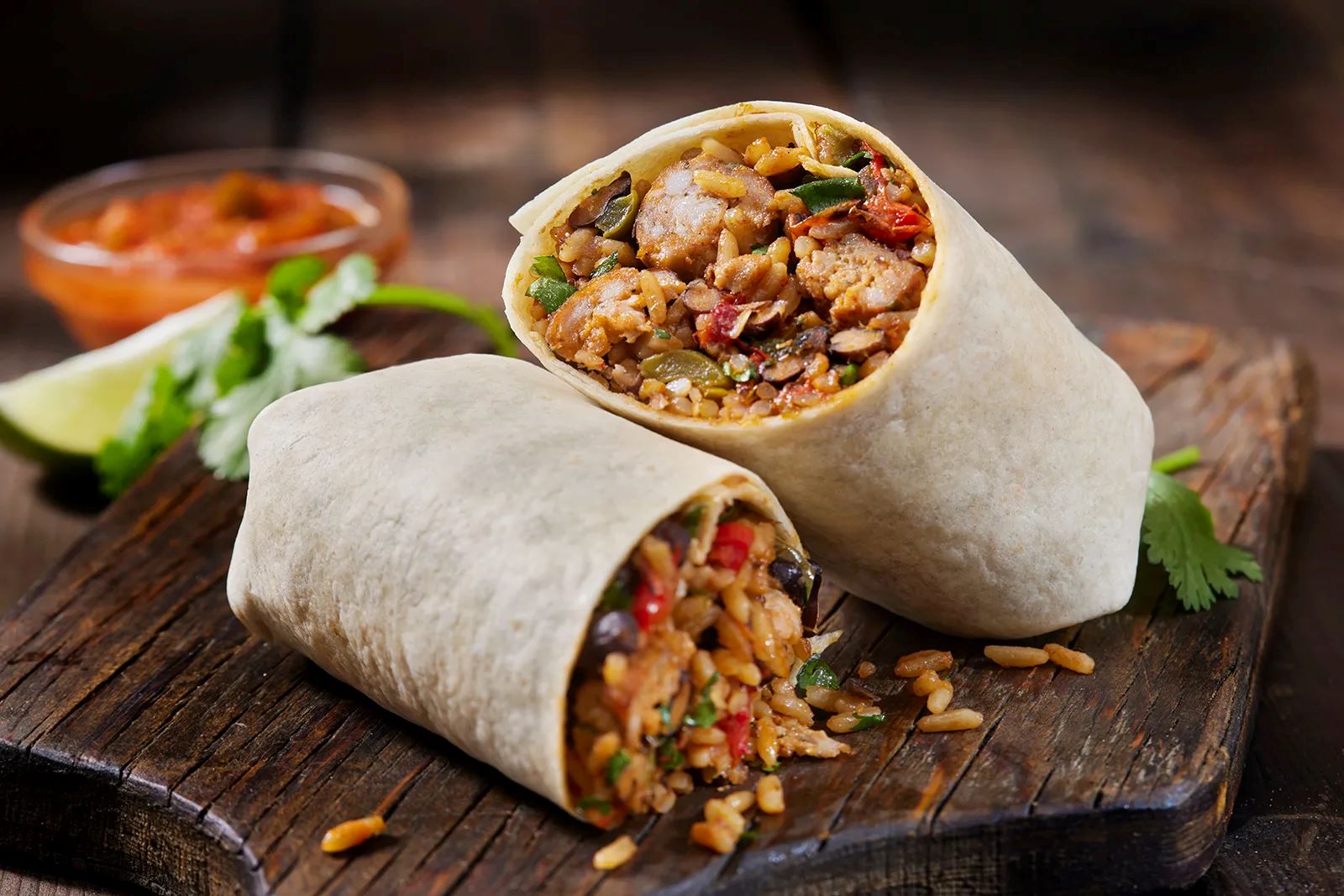Dehydrating in Your Airfryer: A Quick and Easy Guide
Dehydrating food is a great way to preserve it for longer periods of time while retaining its nutritional value. While traditional dehydrators are commonly used for this purpose, did you know that you can also dehydrate food in your airfryer? Yes, that’s right! Your trusty airfryer can do more than just fry – it can also dehydrate a variety of foods with ease.
Why Dehydrate in an Airfryer?
Using an airfryer for dehydrating has several benefits:
- Convenience: Airfryers are compact and easy to use, making them a convenient option for dehydrating small batches of food.
- Energy Efficiency: Airfryers consume less energy compared to traditional dehydrators, helping you save on electricity costs.
- Multi-Functionality: If you already own an airfryer, using it for dehydrating allows you to make the most out of your kitchen appliance.
How to Dehydrate in Your Airfryer
Now that you know the benefits, let’s dive into the process of dehydrating in your airfryer. Here’s a step-by-step guide to get you started:
- Preparation: Start by preparing the food you want to dehydrate. This can include fruits, vegetables, herbs, or even meat.
- Slice or Dice: For even dehydration, slice or dice the food into uniform pieces. This will ensure that they dry evenly and at the same rate.
- Arrange in the Airfryer Basket: Place the prepared food in a single layer in the airfryer basket. Avoid overcrowding to allow proper air circulation.
- Set the Temperature: Most airfryers have a dehydrate setting, but if not, set the temperature to the lowest setting (usually around 120°F to 130°F).
- Dehydrate: Let the airfryer do its magic! The time it takes to dehydrate the food will vary depending on the type and thickness of the food, so keep an eye on it.
- Check for Dryness: Periodically check the food for dryness. It should be leathery or crisp when done. If needed, continue dehydrating until the desired texture is achieved.
- Cool and Store: Once the food is fully dehydrated, allow it to cool to room temperature. Then, store it in airtight containers or resealable bags for future use.
Tips for Successful Airfryer Dehydration
Here are some additional tips to ensure successful dehydration in your airfryer:
- Patience is Key: Dehydrating food takes time, so be patient and allow the process to work its magic.
- Rotate the Trays: If your airfryer has multiple trays, consider rotating them during the dehydration process to ensure even drying.
- Use Parchment Paper: To prevent small pieces of food from falling through the airfryer basket, consider using parchment paper or silicone mats.
- Experiment with Seasonings: Before dehydrating, consider adding seasonings or marinades to the food for added flavor.
- Store Properly: Proper storage is key to preserving the dehydrated food. Keep it in a cool, dry place away from direct sunlight.
What Can You Dehydrate in an Airfryer?
With an airfryer, the possibilities for dehydration are endless. Here are some popular foods that can be dehydrated in an airfryer:
- Fruits such as apples, bananas, and strawberries
- Vegetables like sweet potatoes, zucchini, and bell peppers
- Herbs such as parsley, basil, and thyme
- Meat for making jerky, such as beef or turkey
- Fruit leather made from pureed fruits
Now that you have a good understanding of how to dehydrate in your airfryer, it’s time to put your knowledge to use. Experiment with different foods and enjoy the benefits of having your own dehydrated snacks and ingredients at your fingertips. Happy dehydrating!
Explore More Dehydrating Recipes and Uses
Having mastered the technique of dehydrating in an air fryer, you're now perfectly positioned to explore an array of delectable recipes that make the most of your new skill. For those with a sweet tooth, the Delicious Banana Chips Guide and Crispy Apple Chips Guide offer a healthier alternative to store-bought snacks. If you're looking for savory options, the Savory Zucchini Chips Guide and Tasty Beef Jerky Guide are highly recommended for their robust flavors and satisfying textures. Additionally, the Fruit Leather Creation Guide is a fantastic project for those wanting to create snackable treats from various fruits. Each recipe is designed to enhance your understanding and enjoyment of using your air fryer for dehydrating, providing delicious results that are sure to impress.
Was this page helpful?
Read Next: How To Dehydrate Fruit In The Nuwave Oven

